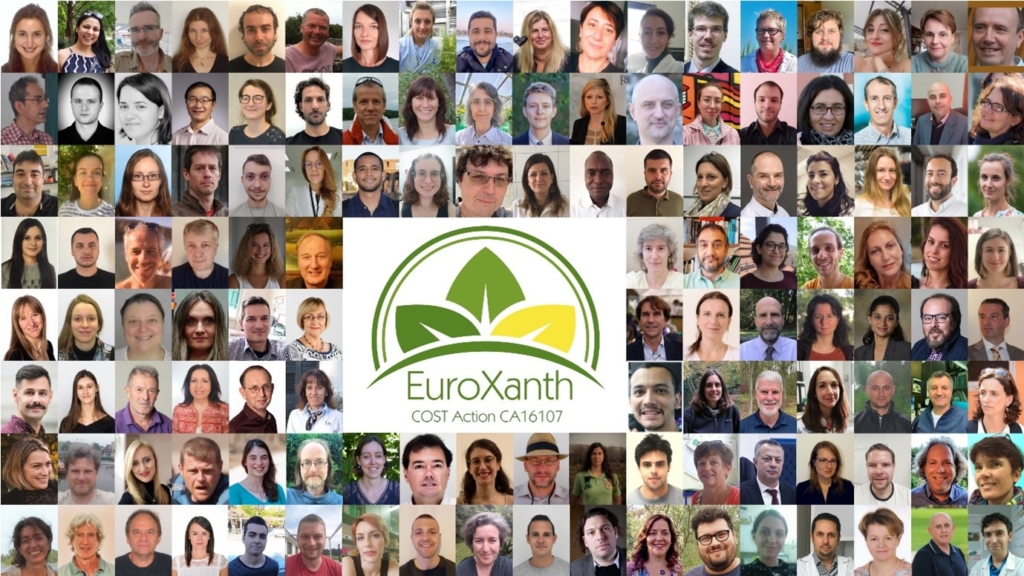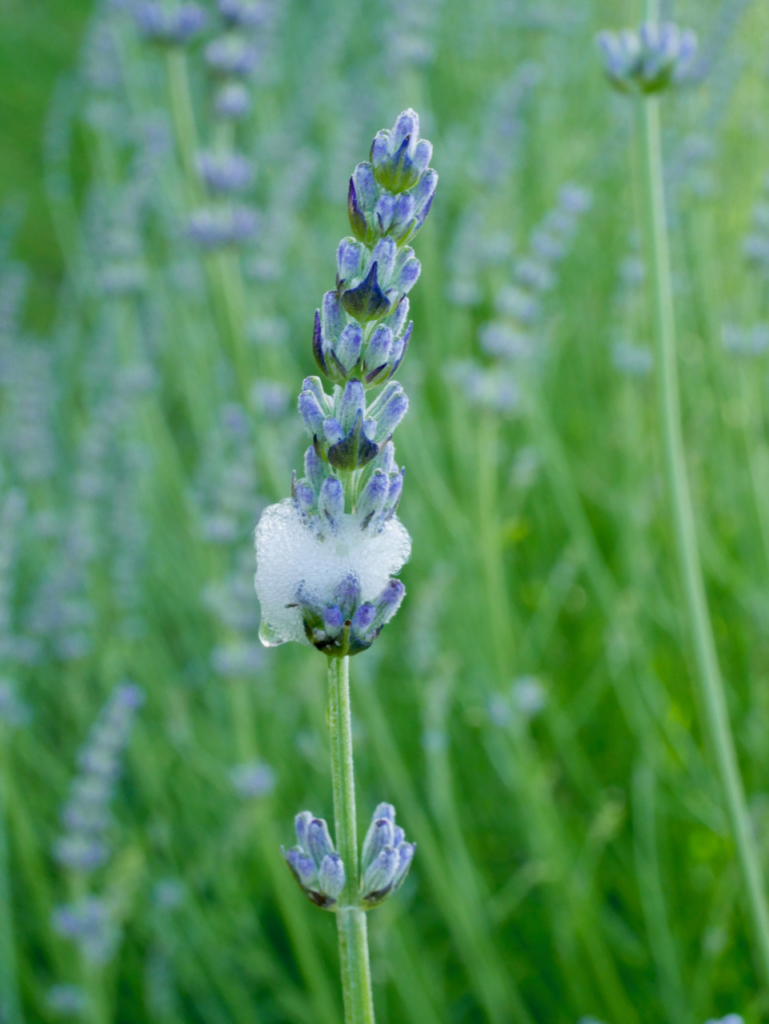As the Covid-19 human pandemic made impossible the organisation of a large in-person meeting, EuroXanth COST Action has organised its 4th and final Annual Conference on ‘Integrating science on Xanthomonadaceae for integrated plant disease management in Europe’ online hosted from Belgrade, Serbia, from 28 to 30 June 2021.
Bacteria of the Xanthomonadaceae family, including Xanthomonas species and Xylella fastidiosa, include devastating plant pathogens that continually challenge food security. Many of the pathogens are listed as quarantine organisms in the EU and their study is of uttermost importance. These concerning pathogens infect all kinds of crop plants, such as cereals, fodder crops, vegetables, fruits, shrubs and trees.

Since the beginning of 2017, work from this Action has covered a range of widespread and emerging Xanthomonas and Xylella plant diseases, on all aspects including the comparison and development of molecular diagnostics, study of genetic diversity of pathogens, identification of key bacterial effectors and plant resistance traits and evaluation of control measures. The purpose of this 4th and final conference was to present and discuss the progress made in the past four years and highlight ongoing and future work of this network.
This online conference had wide international participation with over 170 participants, from 24 COST countries, three Near Neighbor Countries (Jordan, Kosova, Tunisia), one International Observer Country (USA) and eight other countries (Austria, Brazil, Canada, Chile, Ivory Coast, Uruguay, Mali and Russia). Experts in plant diseases with expertise from different disciplines, such as genomics, molecular diagnostics, plant-microbe interactions, entomology, plant resistance breeding and applied microbiology, have presented their latest work through 29 talks and 45 posters, and exchanged knowledge on all aspects of Xanthomonas and Xylella diseases and their control.

Dr Ralf Koebnik, Chair of the EuroXanth network, led a session on the achievements of this COST Action, including the ever-expanding network of researchers involved, the three Training Schools organised, and 40 Short Term Scientific Missions, a Wiki project that captures information on bacterial virulence factors and plant resistance genes and a range of highly relevant publications.
Training and inspiring the next generation of scientists has always been at the heart of this COST Action. In fact, work by a student, Céline Pesce, who completed her PhD on Xanthomonas diseases of cereals in 2015 in Belgium, was part of the inspiration for the start of the Action. Céline commented that after her PhD she decided to move to the US to do research in other areas, but one year ago, since she joined a seed company in California, managing Xanthomonas diseases is again part of her priorities.
Professor Aleksa Obradović, from the organising committee, commented “this was a very successful online conference, with wider participation than we would have had if it was an in-person event, and we ensured that Early Career Researchers were included in talks, e-posters and in question and answer sessions“.
Dr Ralf Koebnik added “Xanthomonas and Xylella plant diseases continue to cause significant loses in crops, trees and ornamental plants in Europe and across the world. It is therefore vital that the information and resources generated through the work of our network continue to be updated and that new research opportunities are created to develop work in a range of multidisciplinary areas that might lead to better control of these diseases.”
Additional information:
View the Action’s webpage.
View the network’s website.

